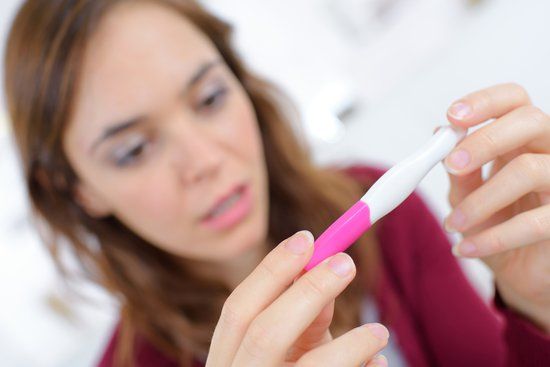If you’ve been trying for a baby but haven’t had any success yet, you may be wondering if you’re infertile. Although it’s estimated that one in seven couples in the UK have fertility problems, you’re actually only medically diagnosed with infertility if you’ve been actively trying for a baby for two years without conceiving.
Indeed, a recent study in Australia showed that one in every four women with a history of infertility – in this case trying for a baby for 12 months without success - can still conceive without treatment, indicating that they may just have needed to try for a baby for longer.
So is there anything you can do to help you conceive? Here’s our advice.
Know when you ovulate
It may seem simple but don’t assume you ovulate in the middle of your cycle. Ovulation tests, widely available from chemists, will tell you when you’re ovulating so you can maximise your chances. These tests are especially useful if you have an irregular cycle.
Be patient – but don’t wait to seek help
Remember that it may just be taking longer than you expected to get pregnant. And don’t be surprised if you’ve already had a child, but this time it’s not happening as quickly as you’d like. The older you are, the longer it can take to conceive – especially if you’ve waited a few years before deciding to add to your family.
Seek help if you’re concerned
If you’ve been having regular, unprotected intercourse at the right time in your cycle, and you’ve not conceived after a year, then seek professional help. At Manchester Fertility we offer a comprehensive Fertility MOT test for both you and your partner, which will indicate if there’s an underlying problem why you’re not getting pregnant, such as ovulatory issues or a problem with your partner’s sperm. Your GP can also offer advice.
Get healthy before you try for a baby
There have been many studies linking lifestyle and infertility. Diet, weight and factors such as alcohol intake and smoking are all thought to affect your fertility, so if you’re trying for a baby it makes sense to ensure you and your partner are as healthy as possible.
Above all, what’s important to remember is that whilst there are many medical causes for infertility, in most cases not getting pregnant quickly doesn’t mean there’s a problem. So relax and don’t worry. And if a cause is found, then bear in mind that there will most likely be a treatment to help you.
Last updated: 20th January 2020






